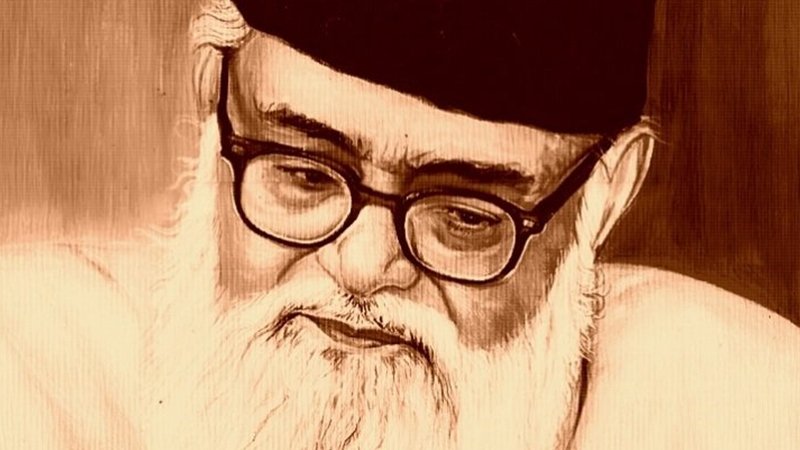(Dr. Shujaat Ali Quadri)
It is a fallacy to assume that the fountainhead of the Global Jihad philosophy lies in the Arab world or the Egyptian institutions that once birthed the Tanzim-Al-Jihad in the 1980s. Amongst the meta-narratives limiting the understanding of radicalization to the MENA region, we have become oblivious to the similar role played by South Asian thinkers in promoting a similar ideology. Collectivey the Afghan Jihad, the radicalization of Pakistan under the Zia regime, the genocide of minorities in East Pakistan, the weaponization of Kashmiri society have one common thread, that is the Jamaat-e-Islami. Yet, the public awareness about the organization is scarce.
In this article, the ideological underpinnings of the Jamaat-e-Islami will be discussed in order to shed light on the theological misinterpretations the organization has committed and misguided millions of youth.
There is no doubt that the Jamaat has been successful in cultivating a wide following in the Indian subcontinent. Notwithstanding this appeal and the charm of Maududi’s Tafseer titled Tafhim-ul-Quran, it is equally important to highlight its role in arousing temptations towards violence.
This is because the Jamaat and its founder Maulana Maududi have been successful in contextualizing Islam through the lenses of power and politics rather than man’s quest for submission to God and salvation. To Maududi, an absolute capture of political power was essential in order to create an Islamic society.
In Maududi’s thought, it was God and not man-made constitution which was the sovereign authority over people. However, this is a problem as he simultaneously calls for an Amir (leader) to enforce the Sharia law in the Islamic state. As free elections are forbidden in Maududi’s thought, Maududi believed that Jihad became essential in the selection of the Amir.
Like Allama Iqbal, he too believed that nationalism was against the principles of Islam as it diluted the devotion to god by introducing patriotism towards the nation. For this specific reason, he opposed the creation of Pakistan and held Jinnah responsible for dividing the muslims of undivided India.
However, he moved to Pakistan only to question its national foundations and constitutional identity. Even if we consider the Jamaat’s ideas to be true, it backtracked on its principles by aligning with General Zia-ul-Haq when he dislodged Zulfiqar Ali Bhutto and imposed dictatorship.
It is ironic that Maulana Maududi was himself claim a descendant of Maulana Qutubuddin Maudood Chishti, the important spiritual leader of Chishti order, To those who defend Maududi as a true revivalist, it must be clarified that his version of an Islamic state was in contravention to the egalitarian principles Islam stands for.
To set the Jamaat’s founding in context, we must factor in the political awakening in the colonies during the inter-war years, which was significantly influenced by Marxism and Leninism. The Jamaat was no different as it was a product of those times. Maududi founded the Jamaat in 1941 with the motive of creating an Islamic State that would be led by a vanguard of learned scholars, who, according to Maududi, possessed greater wisdom to lead the Muslims. While opposing Marxism, Maududi’s idea of an Islamic vanguard was deeply influenced by the leadership structure and power centralization defined by Communist model of the USSR.
However appealing it might have been, Maududi’s views on Islam were totally devoid of the spiritual aspects and historical contexts that shaped the worldview of India’s Muslims throughout the centuries. This is the reason why the Jamaat-e-Islami was rightly accused of propagating ‘Maududiyat’ rather than Islam.
(The Author is the community Leader and Chairman of the Muslim Students Organisation of India, He can be reached at shujaatquadri@gmail.com)

